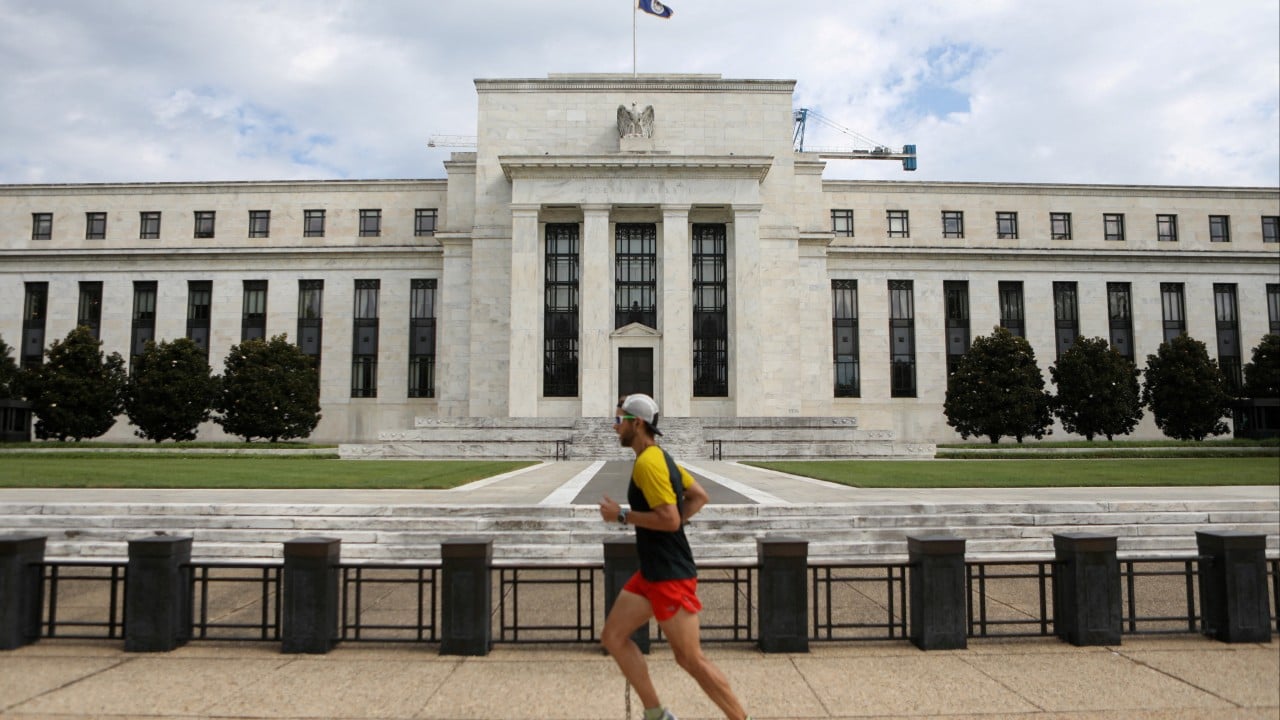When it comes to high-stakes moments in financial markets, analysts and commentators often hedge their bets. That prominent chief executives, investors and academics have been anything but equivocal in their reactions to the damage wrought by Donald Trump’s assault on the global trading system attests to the dramatic shift in sentiment since the US president announced his “reciprocal tariffs” on April 2.
Advertisement
The surge in volatility in asset prices following Trump’s announcement was one of the most turbulent periods in decades. A staggering US$5.4 trillion was wiped off the value of the S&P 500 equity index by April 4 in the fifth steepest two-day slide since the second world war. The yield on benchmark 10-year US Treasury bonds experienced its sharpest weekly rise since 2001, while the US dollar lost about 4 per cent since April 2.
To be sure, stock markets experienced a blistering rally in response to Trump’s decision to suspend the reciprocal tariffs – excluding the additional levies on Chinese imports that triggered a full-blown trade war between the world’s two largest economies – yet there is huge uncertainty about Trump’s trade policy and the direction of markets in the coming days.
It is the uncertainty that has contributed to concerns about the US’ status as a safe haven. It is one thing when volatile stock markets suffer steep falls, but quite another when the dollar and US Treasury bonds – the core financial assets that usually provide a refuge for investors in times of turmoil – experience disorderly declines.
Jamie Dimon, the chief executive of JPMorgan Chase, said that “this uncertainty is challenging” America’s safe-haven appeal. Barclays said the dramatic moves in markets “indicate a potential paradigm shift in how the US is seen as a destination for capital flows” while Societe Generale believes “investors are demanding an uncertainty premium to hold [Treasury] bonds”.
Advertisement
Some leading academics, such as Nobel Prize-winning economist Paul Krugman, believe investors are starting to treat the US like an emerging market. “The combination of interest rates soaring amid a slump and the currency plunging despite rising interest rates isn’t what we normally expect for advanced countries, let alone the owner of the world’s leading reserve currency. It is, however, what we often see in emerging-market economies,” Krugman said.


